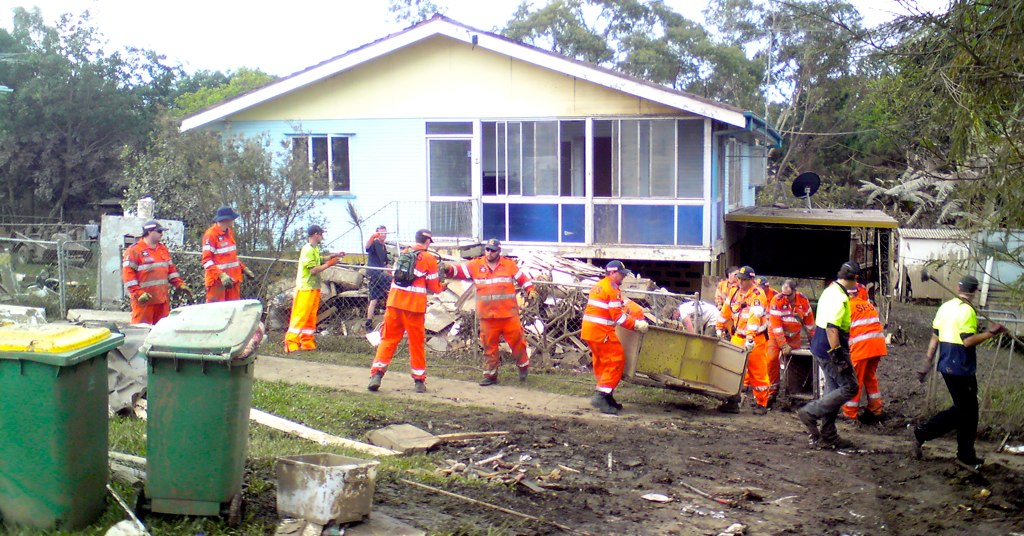This co-designed project is a collaboration with the University of Western Australia and key emergency management organisations for the Bushfire and Natural Hazards Cooperative Research Centre.
In this project, our purpose is to help enable the value of emergency volunteering for communities into the future, and to do this by supporting the emergency management sector to adapt to the transformation of the modern volunteering landscape in Australia. Emergency Volunteering 2030 is a component of a wider Bushfire and Natural Hazards Cooperative Research Centre project – Enabling sustainable emergency volunteering – that is a collaboration between CUR researchers and researchers at the University of Western Australia and Curtin University.
Volunteers are the foundation of Australia’s emergency management capability and capacity. In terms of numbers, recent estimates refer to over 250,000 fire, ambulance and emergency service volunteers. This figure swells into the vicinity of 500,000 with the addition of volunteers with non-government community service organisations that provide vital support to communities before, during and after emergencies. This formal volunteer capacity sits alongside a significant but far less visible capacity to help people before, during and after emergencies in wider Australian society through informal, emergent, spontaneous, and ‘unaffiliated’ emergency volunteering.
Climate change, demographic transition, the changing structure of work, the rise of new communications technology and shifts in modern lifestyles and values are all putting pressure on traditional management approaches for emergency volunteering. However, these same trends also open new opportunities to enhance volunteer capability and sustainability, empower and embrace community-led initiatives, and build disaster resilience through novel models of volunteering and wider collaborations.
In this project, researchers are engaging with a wide range of stakeholders to develop alternative future volunteering scenarios for the emergency management sector and consider the implications of these scenarios for today’s decision-making. To date, it has involved over 220 stakeholders in describing current and emerging volunteering issues, envisioning a preferred future for this volunteering, identifying key trends and uncertainties impacting the future and determining what most needs to happen to move towards a preferred future for emergency volunteering. Groups engaged in this process have included emergency service agencies, not-for-profit and community service organisations, local governments, state and federal government departments, volunteer associations and committees, and state/territory volunteering peak bodies.
Key outputs so far include:
- A series of Environmental Scan reports presenting different stakeholder group views on the future of emergency volunteering,
- The Emergency Volunteering Shared Learning Network (EVN), which promotes the exchange of knowledge and experience among its more than 260 members through a website, monthly newsletter, an online resource collection and webinars,
- The Emergency Volunteering 2030 Delphi, which bought together a panel of 86 experts to collectively pinpoint the most critical trends and uncertainties likely to shape emergency volunteering over the next decade (report currently in preparation).
The research has been used by emergency service agencies to inform new volunteering strategies and initiatives, such as the Volunteering Reimagined initiative [pdf] of the NSW State Emergency Service, and Bushfires NT’s new Volunteerism Strategy, and was incorporated into the Australian Institute of Disaster Resilience (AIDR) Planning for spontaneous volunteers handbook. Project findings are regularly shared with an industry end user group as well as the Australasian Fire and Emergency Services Authorities Council (AFAC) Volunteer Management Technical Group.



